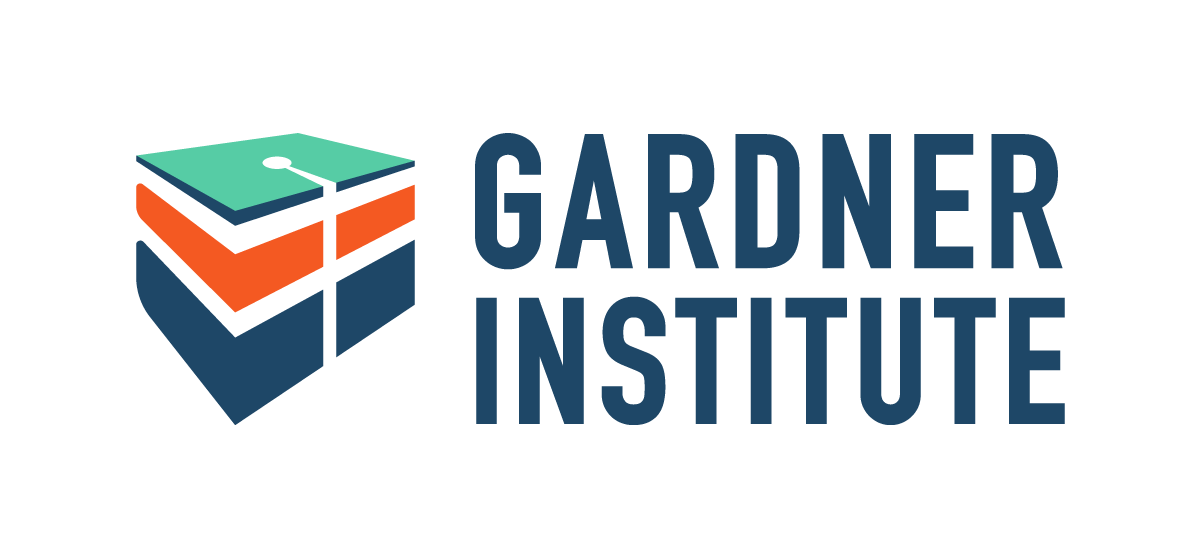What is the Global Forum for Student Success?
Our Vision
The Global Forum for Student Success is a dynamic movement of stakeholders from around the world who aim to make Student Success equitable and accessible to all learners in all post-secondary education contexts. Furthering the UN’s Sustainable Development Goals, the Forum champions access to high-quality and culturally responsive post-secondary education as a critical component of lifelong learning as a human right.
The primary anchor point is the success of the individual learner throughout their lifespan. The focus is on assuring educational equity across thresholds of access, engagement, completion, and post-graduation success for beneficial employability, and societal and active citizenry outcomes for all learners.
Our Mission
The Global Forum for Student Success will create a unified global forum to promote effective student success policy, practice, and research across international and intra-national contexts, respecting diversity in language and national/regional regulatory frameworks.
The Global Forum for Student Success seeks to:
1. Establish a platform in which multiple voices can provide a critical, global dialogue and collective wisdom in addressing change as a global network of colleagues to frame and continuously foster dynamic exchange on how “student success” is understood both across higher education globally and propose global definitions and/or standards.
2. Work together on specific challenges of student success, propose potential solutions, and influence educational systems in addressing student success and building global understanding and agency for student success.
3. Amplify the ethical imperative of student success as well as effectively foster global knowledge exchange and harness expertise to ensure that all institutions and their students reach their full potential.
4. promote student access, inclusion, equity and success ensuring they are at the center of international educational policy.
5. Initiate advocacy campaigns to persuade individual governments to address equity in higher education and encourage unified voices in advocating for amendments to policy, theory and practice.
6. Create sustainable practices for student success and serve as an evidence-led clearing house for effective practices spanning the whole student life cycle in post-secondary education.
7. Foster conversations about teaching and learning by identifying common benchmarks (e.g., assessment, graduate attributes, increasing student access to post-secondary education ).
8. Include Students as participants in shaping and influencing global trends on student success and foreground the Student Voice
The History of the Global Forum for Student Succes:
The Global Forum for Student Success was established near the start of the pandemic to bring together two dozen scholars, leaders, and students from six continents and ten countries who had been talking informally about growing global attention to student success in postsecondary education and their shared commitment to more equitable and socially just higher education. Beginning in 2020, Global Forum members met virtually almost every month with the intention of learning from each other’s experiences and contexts and mapping out steps toward a broader, more sustainable set of partnerships between institutions of higher education and the scholarly communities devoted to student success.
Early discussions among Global Forum members highlighted the emerging perspectives of scholars, teaching faculty, administrators, student groups, policymakers, focused on student success around the world. Members exchanged perceptions about challenges in their work and were intentional about raising up and attending to voices and perspectives that historically have been marginalized in higher education, including those of Indigenous students and communities from across the world. In addition, one of the founding values was to engage students in this work as partners in facilitating and contributing to our thinking and resources.
In pursuing this work, the Global Forum for Student Success is distinct because prior initiatives on student success typically focus on a particular institutional or national contexts. In our experience, some notable exceptions aside, when scholars meet at conferences where student success is discussed, this work rarely looks across international (or even institutional) boundaries to consider what we can learn from the diversity and depth of student success scholarship and practices beyond our own national borders. The Global Forum seeks to fill that gap by bringing scholars, practitioners, leaders, and students from around the world together to debate, discuss, imagine, and support the creation of more socially just higher education systems in diverse cultural and institutional contexts, and to develop local and global resources to advance these aims.
The Global Forum sees itself as a space where the collective expertise of scholars committed to addressing student success across a wide range of systems can develop and grow.
The Global Principles for Student Success:
The six Global Design Principles provide institutions with a means and model for evaluating and improving student learning and success. The Global Design Principles make frequent and intentional use of the term “transformation” and variations thereof.
For purposes of the work, “transformation” is defined as the result of a process through which an institution assures that all students can graduate. Shaped by intentional forms of innovation, transformation requires making significant strides toward eliminating demographics such as family income, geography / postal code, gender, race/ethnicity, etc. as the best predictors of student success. Transformational postsecondary institutions understand that they bear significant responsibility for helping students meet the high expectations set by the institution, and that meeting these expectations should not be dependent on privileges students have accrued through birth or other external factors.
As a continuous-improvement approach, the Global Design Principles for Student Success enable institutions to both recognize their strengths as well as identify areas for improvement. Providing general guidelines for intentional design of the postsecondary experience, the Global Design Principles rest on four assumptions:
A. The academic mission of an institution is preeminent.
B. Current rates of success in the postsecondary experience are unacceptably low and must be improved, especially for students who are first-generation, low-income, and members of historic and present-day underserved racial and ethnic groups.
C. Institutions committed to transformation eliminate inequitable outcomes while maintaining high curricular and co-curricular expectations.
D. Continuous use of evidence provides validation of institutional strengths and opportunities for improvement of the foundational postsecondary experience.
The six Global Design Principles for Student Success follow:
Why Global? Why Student Success?
Student success is a central issue in postsecondary education globally.
Student success practices, policies, research, and vision tend to be institutional or local.
Global and systemic Problems should be addressed by global and systemic analysis, even though actions and solutions will and should be contextual.
WHO IS THE GLOBAL FORUM?

Interim Provost and Professor of Communications, University of Baltimore; Professor Emeritus at Gallaudet University
United States

Marese Bermingham

Brittany Connor
Assistant Director of Marketing, Communications and Engagement
Gardner Institute
United States
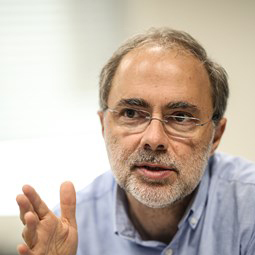
Pro-Rector for Student Affairs and Pedagogical Innovation; Associate Professor, School of Medicine
University of Minho
Portugal
Peter Felten
Executive Director, Center for Engaged Learning; Assistant Provost for Teaching and Learning; Professor of History
Elon University
United States
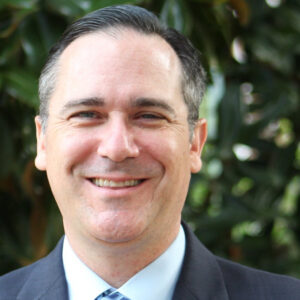
Dan Friedman
Assistant Vice President for University 101 Programs & the National Resource Center for the First-Year Experience and Students in Transition, National Resource Center for The First-Year Experience and Students in Transition
United States
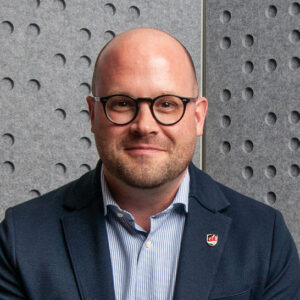
Vice-Provost & Associate Vice-President (Academic) & Professor
Norman Paterson School of International Affairs
Carleton University
Canada

Soraya Lewis Harb

Sophie Kennedy
Democracy & Representation Coordinator, Abertay Students’ Association, Scotland

President, Australian Learning & Teaching Fellows; Visiting Professorial Fellow, National Centre for Student Equity in Higher Education; Vice Chancellor’s Fellow
Victoria University
Australia
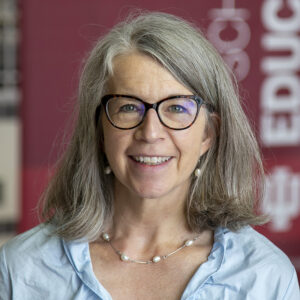
NSSE Institute & NILOA Senior Scholar, School of Education
Indiana University
United States

Director of Curriculum Transformation Initiatives, The Red House
Georgetown University
United States

Emily McIntosh
Director of Student Success
University of the West of Scotland (UWS)
London / Paisley

Director of South African National Resource Centre for the First-Year Experience and Students in Transition
University of Johannesburg
South Africa
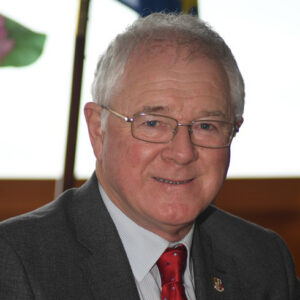
President Emeritus
Cork Institute of Technology (now Munster Technological University)
Ireland
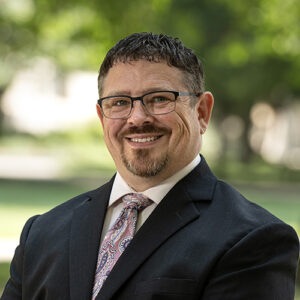
Director, Assessment & Research, Division of Student Affairs
Iowa State University
United States

Dean of Research, College of Education, Psychology, Social work
Flinders University
Australia

Associate Provost, Academic Programs, Teaching and Learning
The University of British Columbia – Okanagan campus
Canada
